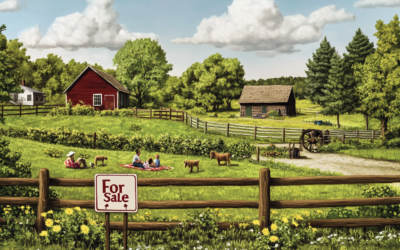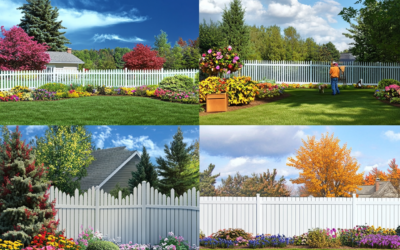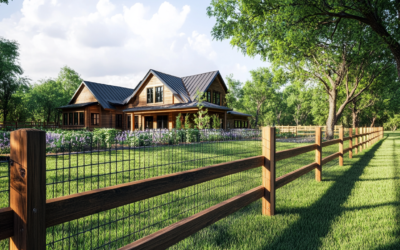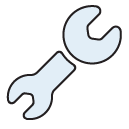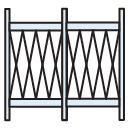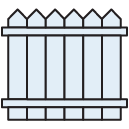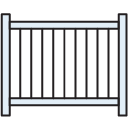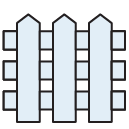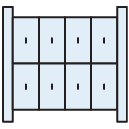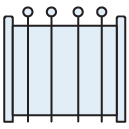The Southern climate, with its hot, humid summers and frequent rain, can take a toll on fences. Whether you have a wood, vinyl, or iron fence, it’s important to be aware of common problems that can arise and know how to address them promptly to avoid costly repairs or replacements. In this guide, we’ll explore some of the most frequent fence issues homeowners face in the South and offer practical solutions to keep your fence looking and functioning its best.
Wood Fences:
- Rot and Decay: Moisture is a wood fence’s worst enemy. Regularly inspect your fence for signs of rot, such as soft or discolored wood, and address it promptly by replacing affected boards or posts.
- Termite Damage: Termites can cause significant damage to wood fences. Look for signs of infestation, such as mud tubes or hollow-sounding wood, and contact a pest control professional if necessary.
- Warping and Cracking: Exposure to the elements can cause wood to warp or crack. Prevent this by sealing and staining your fence regularly and addressing any damage as soon as it appears.
Vinyl Fences:
- Fading and Chalking: Sunlight can cause vinyl to fade or develop a chalky appearance over time. Choose high-quality vinyl with UV protection and clean your fence regularly to minimize fading.
- Mold and Mildew: Humidity can promote the growth of mold and mildew on vinyl fences. Clean affected areas with a mild detergent and water solution and consider applying a mildewcide to prevent future growth.
- Cracking and Warping: While vinyl is generally durable, it can crack or warp under extreme weather conditions or impact. Replace damaged sections promptly to maintain the integrity of your fence.
Metal Fences:
- Rust: Rust is the most common problem for metal fences, especially in humid climates. Prevent rust by choosing galvanized or powder-coated metal and applying touch-up paint to any scratches or chips.
- Dents and Bends: Metal fences can be susceptible to dents and bends from impact. Minor damage can often be repaired, but severely damaged sections may need to be replaced.
- Loose or Sagging Gates: Heavy use can cause gates to become loose or sag. Tighten hinges and adjust gate hardware as needed to ensure proper function.
General Fence Problems:
- Leaning Posts: Soil erosion or shifting ground can cause fence posts to lean. Address this issue promptly by reinforcing or replacing the affected posts to prevent further damage.
- Loose or Missing Boards/Panels: Regularly inspect your fence for loose or missing boards or panels and replace them as needed to maintain security and aesthetics.
- Gate Issues: Sticking or squeaky gates can be a nuisance. Lubricate hinges and latches, and adjust gate hardware as needed for smooth operation.
The Fence Man: Your Fence Repair Experts
If you’re facing any fence problems, don’t hesitate to contact The Fence Man. Our experienced team can diagnose and repair a wide range of fence issues, from minor fixes to major replacements. We’ll work efficiently to restore your fence’s functionality and beauty, ensuring your property remains safe and secure.

